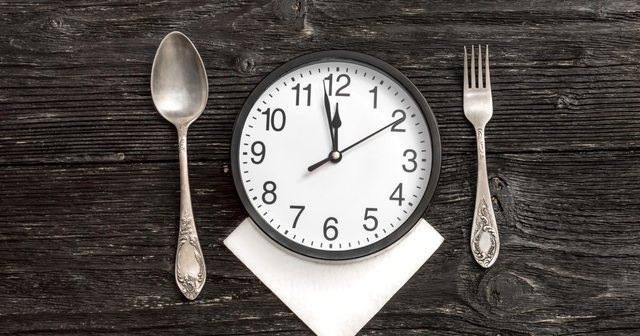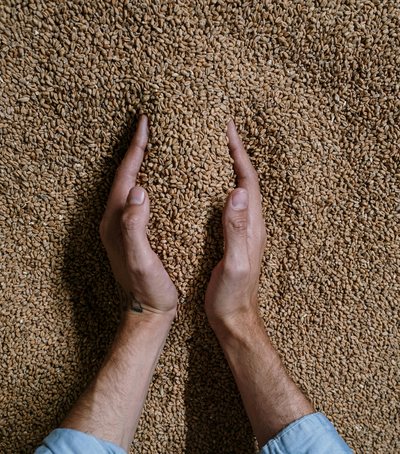
In reality, what you eat is far more important than when you eat! But, this article gives us an orientation towards what causes weight gain when we eat dinner late!
Your circadian diet and diet
The idea that eating at night makes you gain weight stems from animal studies, which show that the body can use calories consumed differently during a certain time of the day.
Some researchers think that eating at night goes against your circadian rhythm, which is the 24-hour cycle that tells your body when to sleep, eat, and wake up. According to your circumstantial rhythm, the night is for rest, not for eating.

Indeed, some animal studies support this theory. Mice that eat contrary to their circadian rhythm gain significantly more weight than mice that eat only during waking hours, even if they eat the same amount of food.
Although some animal studies have linked eating at night to weight gain, studies in humans show that eating beyond your daily caloric needs leads to weight gain, unrelated to what time of day you eat.

The researchers looked at the relationship between meal time and total calorie intake in 59 people. In particular, individuals who ate close to sleep received more calories than those who ate their last meal earlier. Those who eat at night tend to eat more and, therefore, consume extra calories. Over time, an excess of calories can lead to weight gain.





